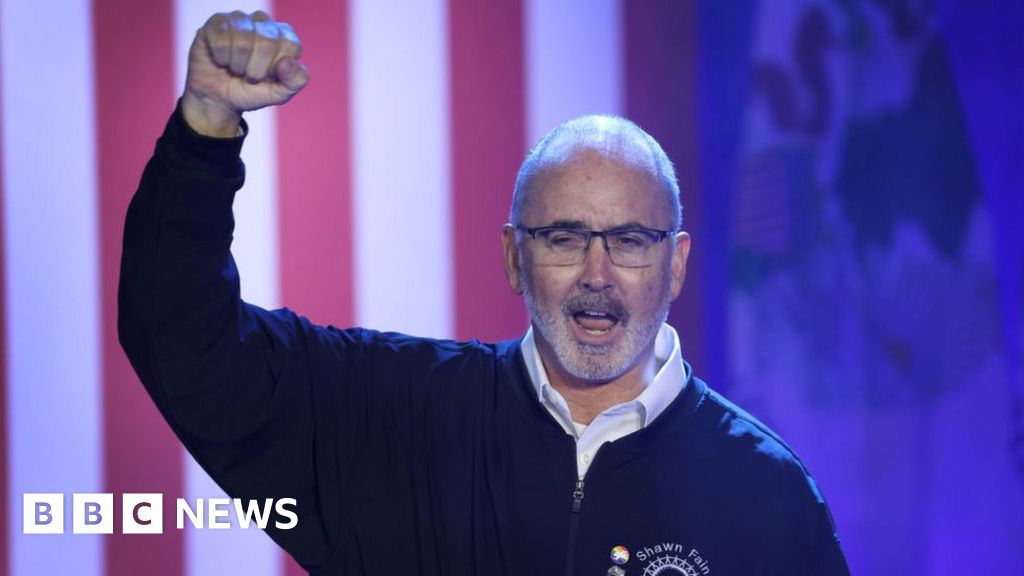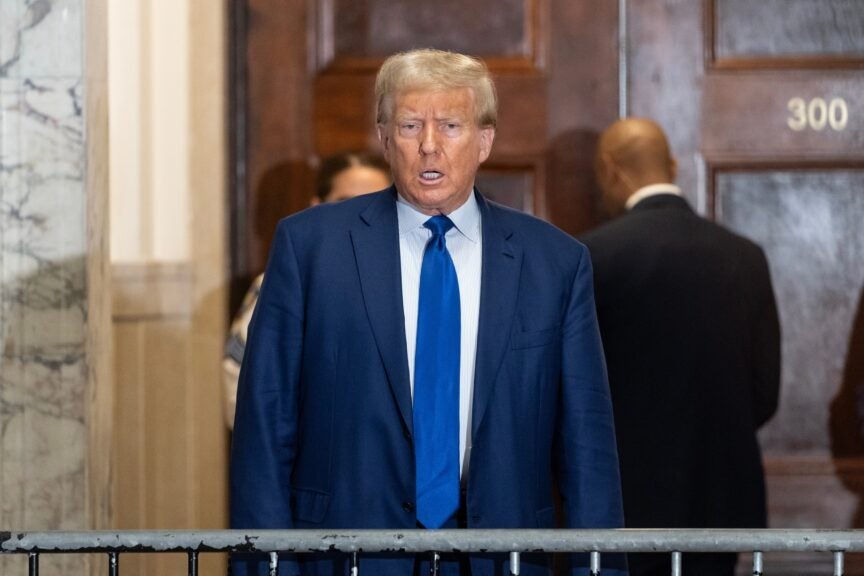Elias Stein’s illustration
Size of the text
The number one fear among professional investors has changed. According to a survey of financial managers, inflation has surpassed Covid-19 as the most serious threat to the bull market. The BofA Securities survey included 220 respondents with a combined $630 billion in assets under management. The vaccination deployment was ranked as the main risk by less than 15% of respondents, down from roughly half of those polled in February by BofA. Higher inflation was the most-cited danger in March, with 37% of respondents citing it. Over the next year, an all-time high of 93 percent of respondents expect greater inflation. 91 percent believe the economy is improving, and 48 percent believe we are in the midst of a “V-shaped recovery.”
Higher bond yields, on the other hand, entail higher borrowing costs, which might stymie the recovery and put a damper on corporate profits. Furthermore, a greater discount rate lowers the present value of assets such as stocks. When Treasuries generate a high enough yield, equities face increased competition. “No one expected rates at 1.5 percent to produce an equity correction,” writes Michael Hartnett, chief investment strategist at BofA. “However, the shift from 1.5 percent to 2% is crucial, as 43% of investors now believe that 2% is the level at which the 10-year Treasury will precipitate a 10% stock market correction.” Rising bond yields haven’t slowed the bull so far. However, the dynamics have shifted. Value equities have outperformed growth stocks because future cash flows are worth less when discounted at a higher rate. Value will outperform growth this year, according to 52% of respondents. That’s a little margin, but after a decade of outperformance, value stocks are gaining more acclaim than they have in a long time. Road to the Rockies The
The Dow Jones Industrial Average is a stock market index that measures how well
On Monday, it reached its 14th all-time high of 2021, before sagging as bond yields increased ahead of the Federal Reserve’s rate-setting meeting. Stocks soared when the Fed maintained its lenient stance, only to plummet as rates rose and oil plummeted. The Dow Jones Industrial Average fell 0.5 percent this week, reaching 32,627.97; the S&P 500 Index down 0.4 percent.
S&P 500 Index
The S&P 500 index dropped 0.8 percent to 3913.10; while the
The Nasdaq Composite Index
To 13,215.24, the stock dropped 0.8 percent.
AstraZeneca
Woes After a limited number of blood-clotting incidents surfaced, a number of European countries halted the use of AstraZeneca’s Covid-19 vaccine. The business denied that the clotting was caused by the vaccine, and the European Medicines Agency concluded that there was no link following an examination, advising people to keep getting vaccines. Cases have decreased by roughly 80% in the United States since January. As Americans resumed travel, signs of reopening were visible. Spending and Taxation To help pay for Covid-19 relief and infrastructure, the White House has suggested imposing a tax on high earnings or corporations. Meanwhile, Treasury Secretary Janet Yellen is lobbying the Organization for Economic Cooperation and Development for a global minimum corporation tax, which would put an end to decades of tax-cutting rivalry. In exchange for moves to put a floor under corporate taxes, Yellen has hinted that she would make concessions on a digital tax. Hacking
Microsoft reverberated through the cybersecurity industry after a compromise of Microsoft exchange servers, presumably from China. The intrusion, which might affect hundreds of thousands of email accounts, comes on the heels of another big data breach.
SolarWinds
Federal agencies were attacked by an intrusion, possibly from Russia. To get beyond government cyberdefenses aimed at external attacks, the attackers used servers within the United States. Alibaba: A Case in Point The Chinese government has ordered Alibaba Group Holding to sell its substantial media holdings, claiming that they give the online retailer too much control over public opinion. Alibaba owns a $3.5 billion interest in Weibo, a $2.6 billion stake in video platform Bilibili, a stake in Hong Kong’s South China Morning Post, and various media businesses in the United States. Separately, the United States and China met in Alaska to seek a relationship reset. Both sides expressed their dissatisfaction. The Annals of Deal Making are a collection of books about how to make deals. Stripe, an online payments processor riding the e-commerce wave, raised $600 million in new venture capital, valuing the company at $95 billion… The
The Blackstone Group is a private equity firm based in
and Starwood Capital have reached an agreement to buy
America’s Extended Stay
$6 billion…
Canada’s
Rogers Communications is a Canadian telecommunications company.
stated that it would purchase
Shaw Communications is a telecommunications company
$16 billion…
Roche Holdings is a company that manufactures pharmaceuticals
$1.8 billion has been agreed upon as a payment.
GenMark Diagnostics is a company that specializes in diagnostic testing.
The Federal Trade Commission wants to adopt a “more aggressive approach” to biopharma mergers and acquisitions, in part to lower pricing. Nicholas Jasinski can be reached at nicholas.jasinski@barrons.com.
Continue reading




